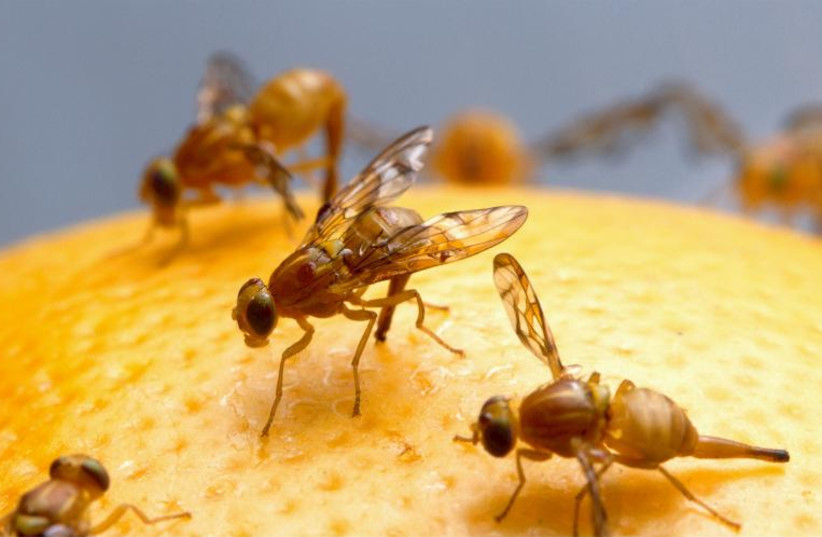A recent study finds a link between hunger and the slowing of the aging process. The study was published in Science, a peer-reviewed academic journal.
For the study, researchers experimented with the dietary intakes of Drosophila, commonly known as fruit flies.
The scientist divided the flies into two dietary groups. One group was fed a low branched-chain amino acid (BCAA) diet and the other was fed a high BCAA diet. The researchers engineered the chemically defined diets in order to adjust the varying concentration of BCAAs without altering other dietary components.
"We find that hunger modulates aging in Drosophila. Limitation of branched chain amino acids (BCAAs) or activation of hunger-promoting neurons induced a hunger state that extended life span despite increased feeding.”
Flies in the low BCAA group could still consume more calories and more overall protein and still enjoy the longevity benefits.

In the study, the researchers write that “caloric content is less impactful than dietary composition in modulating life span, and subsequent experiments ruled out differences in calories as a cause of the dietary effects we observed.”
The life extending benefits were the results of a neural state. Existence with the hunger-based motivation to feed was sufficient to enjoy the aging benefits.
What was the relevance of BCAAs?
Decreasing the availability of BCAAs, in mammals as well as in flies, has been shown to increase protein appetite and extend lifespan.
Furthermore, using a process known as optogenetics, researchers were able to activate neurons related to the flies’ hunger drive by exposing the insects to red light. The flies that had been exposed to the red light also enjoyed life-extending benefits.
A report on the study from SciTechDaily quoted the lead researcher of the work, Kristy Weaver, Ph.D, as saying, “We think we’ve created a type of insatiable hunger in flies,” said Weaver. “And by doing so, the flies lived longer.”
There are still reservations regarding expanding the findings of the study to other animal species. Nevertheless, the life-extending benefits of hunger have been demonstrated in other animals, including mammals, as well.
